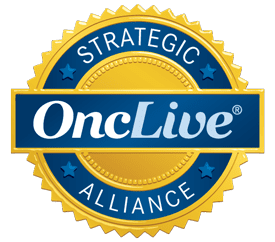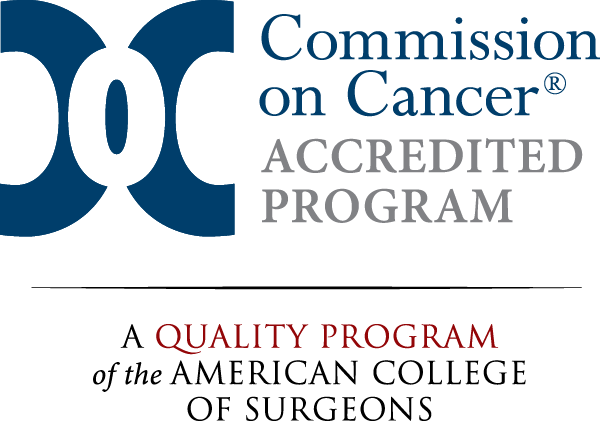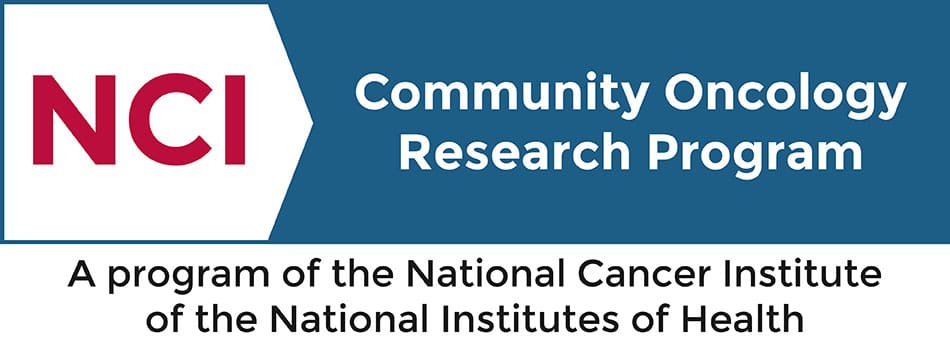Commentary provided by Jason Rogart, MD, FASGE, Director of Interventional Gastroenterology and Therapeutic Endoscopy at Capital Health.
This year, updated pancreatic cancer screening guidelines were issued by the the American Society for Gastrointestinal Endoscopy (ASGE). Not only did they re-affirm the previous recommendations by experts that screening high risk individuals can prevent pancreas cancer and detect it in earlier stages so that patients live longer, but they also made one major change, which will impact a large number of breast cancer survivors. From now on, any patient with a BRCA-1 or BRCA-2 (breast cancer gene) mutation is a candidate for pancreas cancer screening even if they do not have a family history of pancreas cancer. Other high risk individuals such as those Hereditary Pancreatitis, Peutz-Jaegher Syndrome, or a strong family history of pancreas cancer should also be screened. Furthermore, patients with certain gene mutations or hereditary conditions and a family history of pancreas cancer are good candidates for screening, such as: Lynch Syndrome (MSLH1, MSH2, MSH6), Familial Atypical Multiple Mole Melanoma Syndrome (CDKN2A), LiFraumeni Syndrome (TP53), ATM, p16, PALB-2.
Patients who are candidates for pancreas cancer screening typically are enrolled in a life-long screening program, which involves a combination of tests such as MRI, endoscopic ultrasound, and blood tests. We now have more than a decade’s worth of data demonstrating that patients who are in a screening program are more likely to have pre-cancerous lesions or early cancers detected than those who are not in a screening program, which leads to better outcomes: prevention of cancer, earlier diagnosis, and longer survival.
Patients who are interested in learning if they are good candidates for pancreatic cancer screening are encouraged to make an appointment with a physician who specializes in screening and early diagnosis utilizing the most up-to-date technology. Some patients may wonder if insurance covers pancreas cancer screening like they cover other cancer screenings; while all insurance companies and plans are different, most will cover at least one of the tests mentioned above.
For more information on how to make an appointment with a pancreas expert at Capital Health, the region’s leader in advanced diagnostics and treatment of pancreas cancer, call 609-537-5000.


